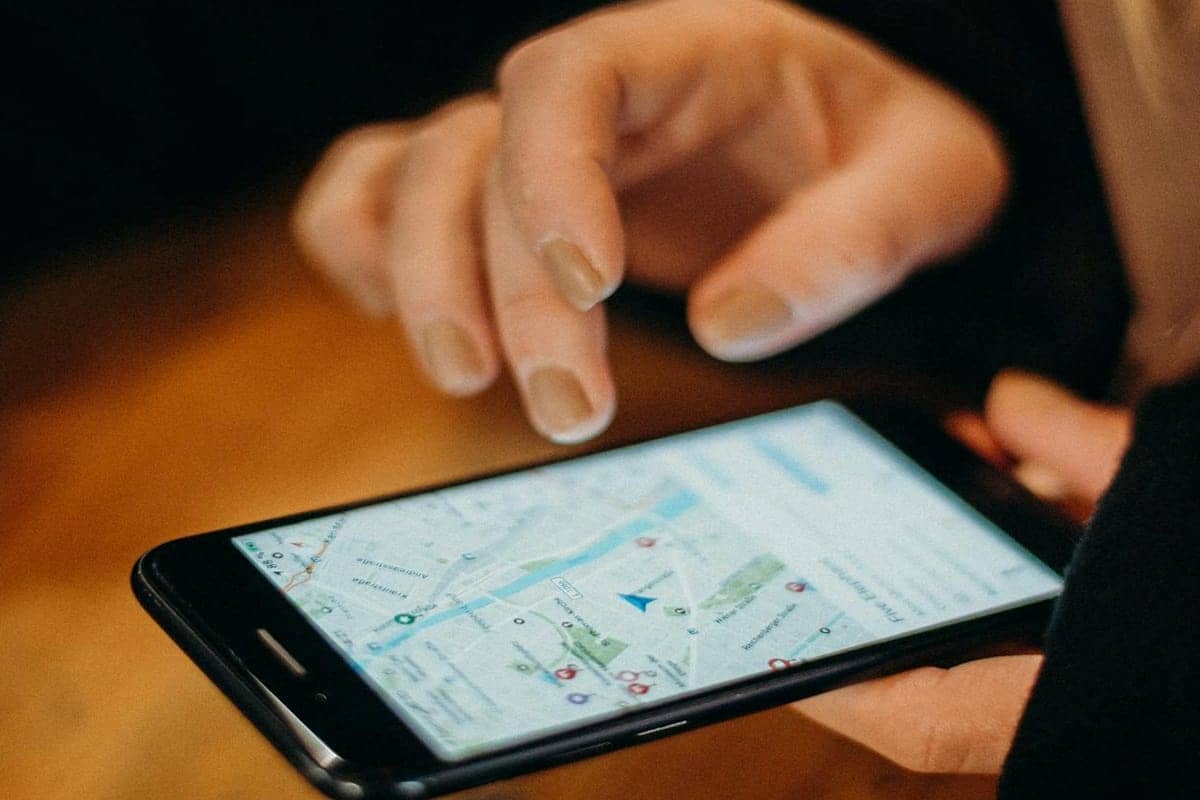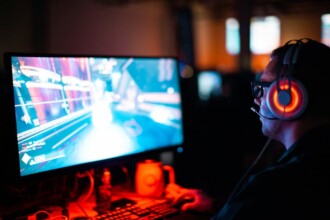Radar CEO and co-founder Nick Patrick, during a conversation with media representatives, said that currently there is a kind of transformation in the orientation of geolocation and geofencing, which are gradually shifting the focus from advertising to the product.

Currently, the technology industry is on a trajectory of high-intensity development. At the same time, the process of scaling the connected economy is taking place. Against the background of the mentioned tendencies, which belong to the category of global phenomena, the boundary between the world of physical being, which human consciousness traditionally identifies as objective reality, and the world of virtual existence, where now what can be called digital being is on the phase of forming, is gradually thinning. It is also worth noting that there is already a close relationship between the two mentioned spaces. In this case, it is especially noteworthy that tendencies, formed and implemented in the digital environment, already have a significant impact on the processes taking place in the plane of objective reality. At the same time, the very concept of reality nowadays actually has two dimensions, among which are physical and virtual.
The technology industry is currently generating many new opportunities. This process is manifested, among other things, in the development of geolocation technologies. The ability to adapt digital functional solutions depending on the physical location has transformed from a theoretical concept to a certain extent into one of the most important tools of modern business.
Speaking with reporters, Nick Patrick stated that what previously existed in the form of a simple push notification system has become a sophisticated network that is capable of providing highly accurate interaction, taking into account the context.
Increasing the level of accuracy of location services in a certain sense corresponds to the characteristic of such a concept as an evolutionary process. New functional solutions allow companies and users to pinpoint the location down to a few meters. This technological opportunity allows forms to form the process of interaction with consumers in more detail. For example, firms can determine whether a user is in a drive-thru lane or inside a store. Nick Patrick says that appropriate technological solutions provide companies with a space of opportunities, including, among other things, personalization of consumer experience and improvement of operational efficiency.
The development of geolocation and geofencing systems contributes to the evolution of their use potential. In this case, applying scenarios are meant, within the framework of which the ways of interaction of end consumers with business and the world around them are transformed. The corresponding potential is limitless.
Nick Patrick says that Radar’s mission is to build a location infrastructure for every product and service. According to him, in this case, a comprehensive suite of geofences and mapping solutions will be provided for a wide range of apps.
For restaurants, geolocation solutions can provide arrival detection for order-ahead services. This means that the customer places an order through the app and marks the beginning of the way to the facility. Geolocation signals will alert the restaurant when a client is approaching. This solution will allow the staff to prepare the order for the arrival of the customer. Within the framework of an appropriate technological approach, the level of consumer satisfaction increases, waiting time decreases and the freshness of dishes is ensured. Nick Patrick says that Panera Bread uses the Radar solution for just such an experience. He also noted that the other two powerful apps of advanced geolocation are the in-store experience, and maps and address validation. For example, Dick’s Sporting Goods uses Radar technology for its in-store mode, which activates when a customer enters the store. The corresponding app is gradually being upgraded, providing consumers with information about a specific store, including data on payment methods and loyalty rewards. Such an adaptation enriches the shopping experience.
Mapping services and automatic address auto-complete also rely on location solutions. Nick Patrick says that companies are increasingly using location technology to enhance their store locators and streamline checkout processes. In this case, not only is the user experience improved, but costs are also reduced.
Nie Patrick says that one of the new and most interesting aspects of geolocation is the role of appropriate technology in complying with legal requirements and detecting fraud. Industries such as banking and online gambling require accurate location verification to prevent fraud. For example, sportsbook apps should ensure that users can place bets within the law. Financial institutions use geolocation to verify the legitimacy of transactions, ensuring that consumers’ physical location matches data on operations.
Geolocation technology has evolved significantly since its inception. Companies such as Radar are expanding the existing capabilities of this technology. Nick Patrick says that the priority of his company’s activities is to simplify the integration of geolocation services. In this case, Radar aims to make location-based functions available with minimal coding effort.
Nick Patrick also stated that his company is developing micro-geofencing solutions. According to him, these solutions do not require additional hardware to accurately pinpoint the user’s location in certain aisles of the store or sections of a venue.
Moreover, Nick Patrick is convinced that in the future location data will not only personalize apps but also integrate with new technologies such as augmented reality (AR). For example, AR can overlay contextual information in real-time, improving navigation and enhancing the quality of interaction in physical spaces.
As we have reported earlier, WhatsApp Launches AI Tools for Businesses.









